
Our Australian member, Austorient Freight Services, informed us of a consignment of Mercedes Benz, blocked in customs in Australia, now in quarantine, due to a snail infestation. First it was the Stink Bugs, now HEALTH SNAILS – all making us think a little more about the enviroment and the effect that predatory spieces can have on all aspects of life.
Remember to take care with your fumigations and certification to Australia!…(or buy a BMW)
Deliveries for many Mercedes-Benz vehicles in Australia have slowed to a snail’s pace after the latest shipments were ordered by the Department of Agriculture to be exported.
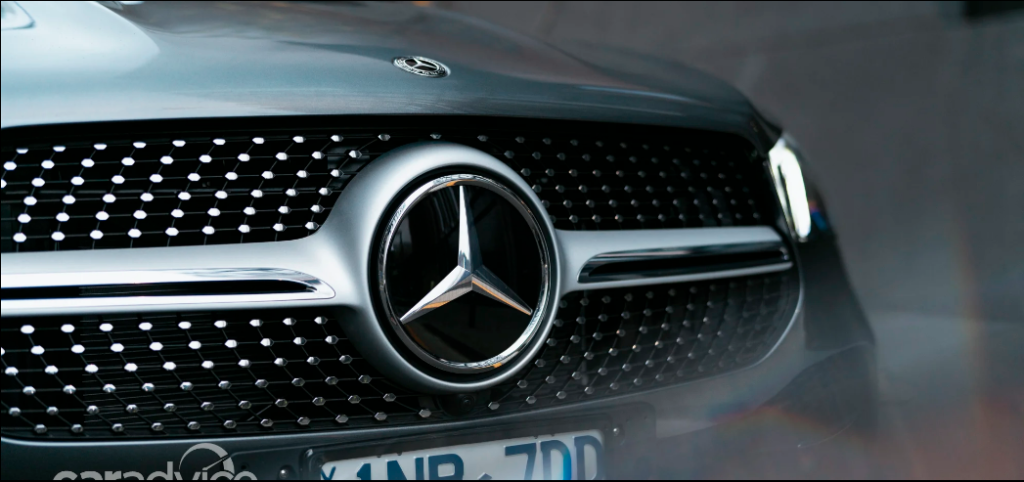
A rare snail never before detected in Australia has slammed the brakes on 900 brand-new Mercedes-Benz vehicles worth more than $50 million – after being turned around at shipping ports and stopped from entering the country.
The Department of Agriculture has demanded all 900 cars be exported after “the detection of a number of exotic snails” on five separate shipments of vehicles “imported from Europe”.
The affected cars are currently being held in strict quarantine near their arrival ports in Queensland, NSW, Victoria, and West Australia.
The Heath snail, understood only to exist in south-eastern Europe and localised populations in Canada and the USA, is “a pest of agricultural and environmental significance”, says the Department of Agriculture, and could be deadly to local flora and fauna.
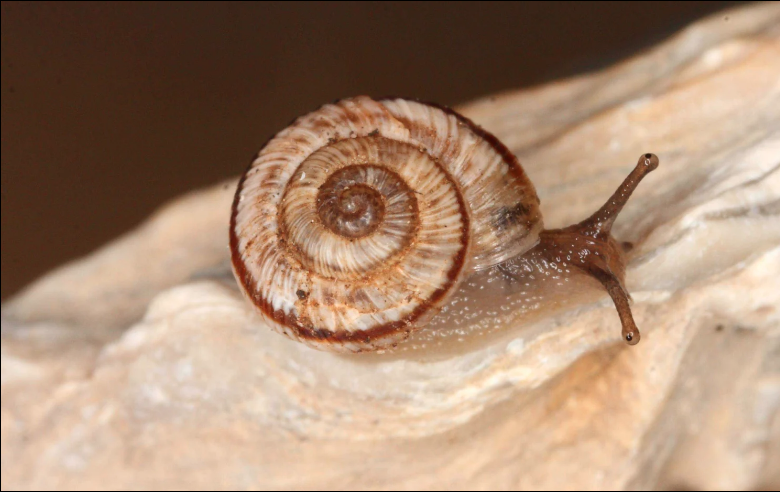
All types of Mercedes-Benz vehicles have been affected by the snail infestation, including small hatchbacks, luxury limousines, sports cars – and Mercedes delivery vans.
The turnaround at the border will lead to delays for some customers waiting for a new Mercedes. Mercedes-Benz said all affected cars will be exported to Zeebrugge, Belgium inside shipping containers. “Further steps beyond their re-exportation are yet to be finalised,” it said.
Mercedes says it is yet to decide if the vehicles will be returned to Australia after being treated – or if it will re-order the same batch of cars from various European factories.
In the interim, Mercedes is faced with a massive bill to export and treat the vehicles.
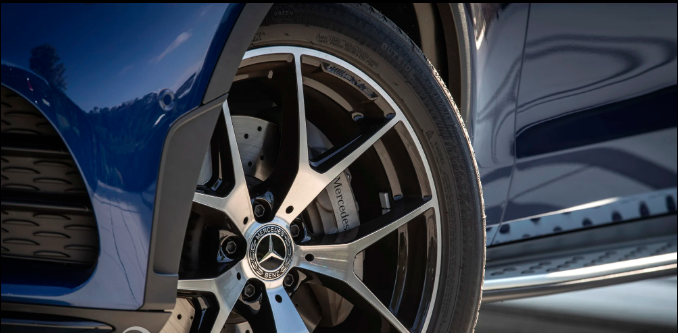
A transport logistics insider says the snails were detected by the Department of Agriculture in the past few weeks.
The affected vehicles are now being measured to be placed on pallets to take the unprecedented step of fitting them inside containers so they do not contaminate the “roll-on, roll-off” ships that usually transport new motor vehicles.
Most new cars are driven on and off specially-designed freighters, not transported in shipping containers.
A statement from Mercedes-Benz Australia said the company is “working closely with the Department of Agriculture to resolve a contamination concern relating to various vehicle models shipped to Australia aboard a number of vessels”.
“Mercedes-Benz is investigating the cause and managing the process in co-operation with the Department of Agriculture,” the statement continued.
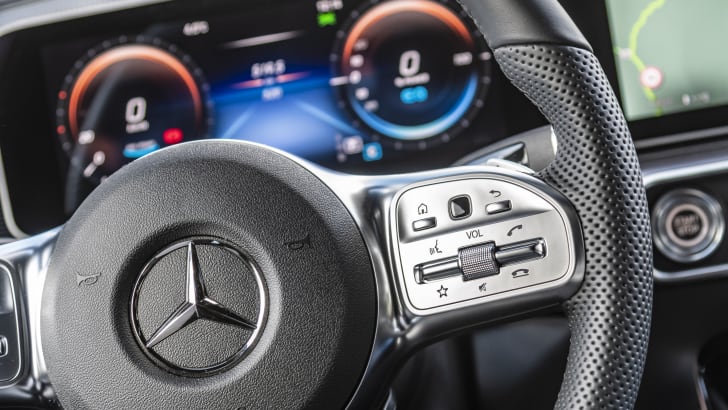
This is believed to be the first time a shipment of new motor vehicles has been turned around in Australia due to a snail infestation.
Over the past five years, an increasing number of shipments of new cars have been delayed after stink bugs were detected.
Detections of brown marmorated stink bugs (BMSBs) tripled in the 2018-2019 season compared to the same period the year before, according to figures from the Department of Agriculture.
Once the stink bugs are detected in a shipment of motor vehicles, the entire cargo needs to be treated offshore or turned around.
Stink bugs are native to China, Japan and Taiwan but were introduced to North America in the mid-1990s and more recently to Europe, “where it is rapidly becoming a serious pest”, the department said.
Peak season for stink bugs is the lead-up to the northern hemisphere winter, when they hibernate. But they come out of hibernation as the ships – and the cars they are hiding in – head south through warmer tropical climates and into Australian waters.
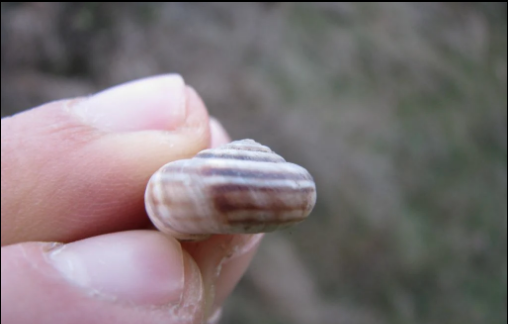
CLICK HERE TO READ THE FULL ARTICLE




